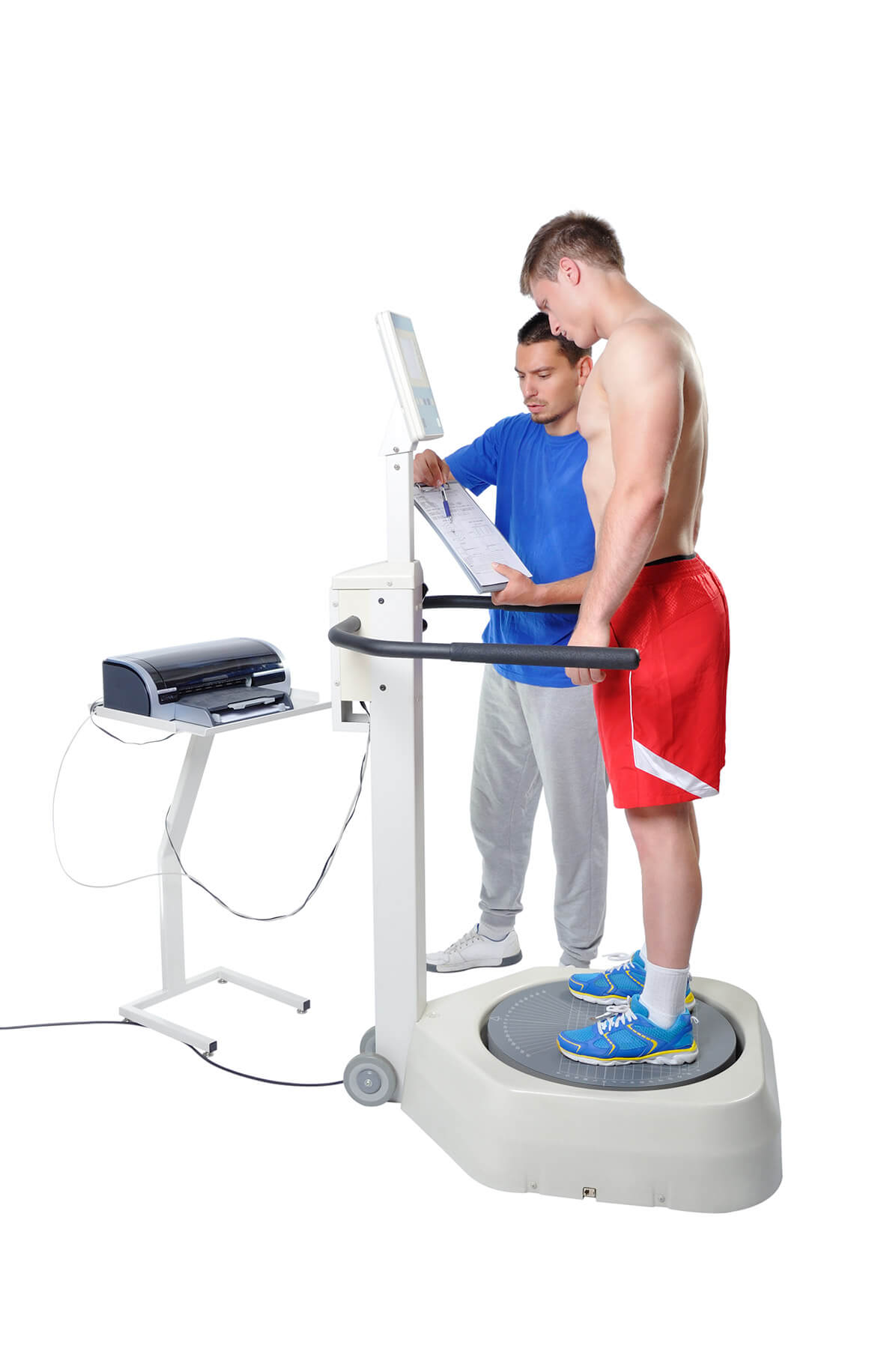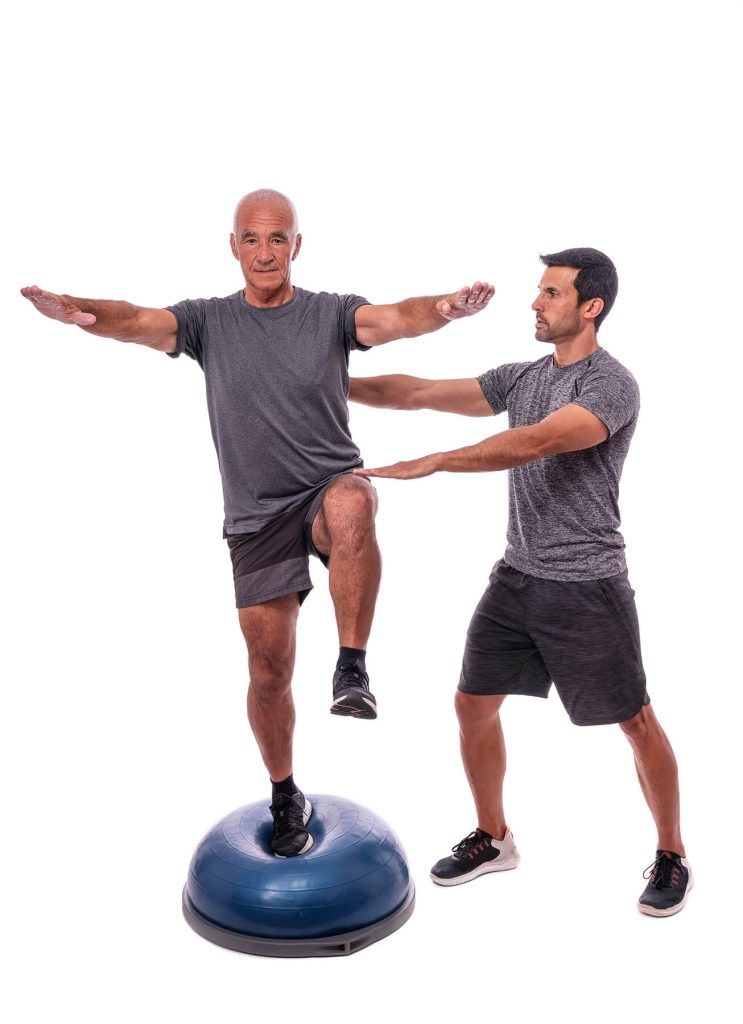Vertigo & Vestibular Physiotherapy
How physiotherapy can curb your vertigo
If you have ever suffered from vertigo, you would be familiar with that disconcerting spinning sensation or feeling dizzy. It is often due to a problem with the vestibular system in the inner ear which helps us maintain a steady sense of balance and surrounding. Physiotherapy and vestibular therapy are highly effective in reducing the symptoms of vertigo and our specialist physiotherapists at Austral New Age Physiotherapy are experienced in treating such complex conditions.
Find out how physiotherapy can help resolve your symptoms


What causes vertigo?
There are different causes of vertigo and it is important to establish the exact reason behind your symptoms so you can get the most out of your physiotherapy treatment. Your physiotherapist at New Age Physiotherapy will conduct a comprehensive assessment to help determine the cause of vertigo. Most cases of vertigo are mild and only last for a short period of time but unfortunately some people report ongoing issues.
The possible causes of vertigo include:
- Labyrnthitis
- Vestibular migraines
- A bleed in the brain
- A sudden movement change in direction
- Head injury
- Multiple sclerosis (MS)
- Benign paroxysmal positional vertigo (BPPV)
- Vestibular neuritis
- Ménière’s disease
- Acoustic Neuroma
Get started today on a treatment plan that works

How can vertigo be diagnosed
There are a number of different ways to diagnose vertigo depending on what has caused the condition. Often you will be advised to have a variety of tests to accurately confirm vertigo so that your treatment is effective as possible. These include:
- Recording a full history of symptoms
- Balance tests
- Hallpike’s manoeuvre (which temporarily brings on symptoms of vertigo)
- Hearing tests
- Eye test
- Blood tests
- CT/ MRI scans
Find out how physiotherapy can help resolve your symptoms
What New Age Physiotherapy can do to help with vertigo
Physiotherapy can help with two types of vertigo:
Subjective vertigo: a feeling that you are moving, and
Objective vertigo: a feeling that things around you are moving
The physiotherapy chosen to treat your condition will depend on your symptoms and the severity of vertigo but may include:
- The Epley Manoeuvre: this is a technique aimed at moving the otoconia pieces (crystals) which disrupt the vestibular system to areas that will not cause any symptoms. Four specific movements are carried out to try and move the crystals.
- Vestibular rehabilitation: includes special exercises designed to get your vestibular system functioning normally again
- Neck mobilisations
- Balance retraining
- Pacing
- Activity adaptation advice

